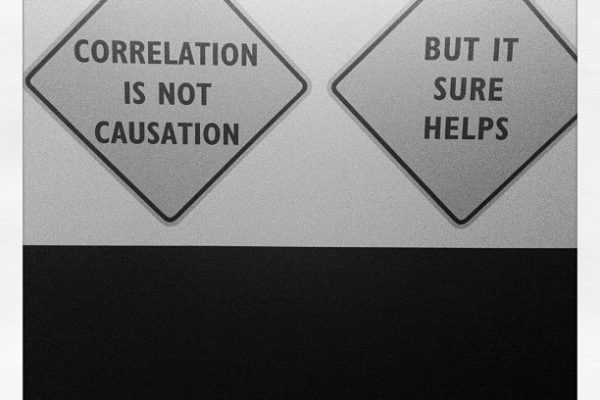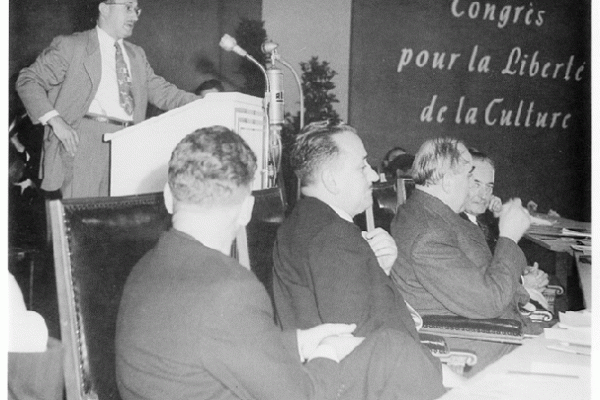In her appearance before Congress this week, sixteen-year-old Swedish environmental activist Greta Thunberg submitted the most recent scientific report of the International Panel on Climate Change in lieu of a prepared statement. Much of the subsequent hearing involved discussion about why it’s important to “listen to the science.”
Our reading list this week takes that responsibility seriously, featuring pieces that reflect on the nature of science—from its conceptual and philosophical foundations to its social and political significance.
The philosopher of physics Tim Maudlin reconsiders conventional wisdom about correlation and causation, and reflects on the perennial attempt to reestablish the authority of reason and evidence—from quantum physics to Thomas Kuhn. Two historians of science, Michael Gordin and Steven Shapin, explore the inevitably political dimensions of the practice of science and the path by which scientific thinking came to accrue cultural and intellectual authority.
We also hear from scientists themselves. The biologist Anne-Fausto Sterling calls for a new era of citizen science in an era of dwindling funding and democratic engagement, and the computer scientist Michael Nielsen considers a new age of “networked science.” The climate scientist Kerry Emanuel sums up what we know about climate change, and from our deep archive, the biologist H. Allen Orr takes a close look at the paleontologist Stephen Jay Gould’s arguments about the relation between science and religion.
Allured by the promise of Big Data, science has shortchanged causal explanation in favor of data-driven prediction. But ultimately we must ask why.
Two new books—one on quantum physics, one on Thomas Kuhn—seek to reestablish the authority of reason and evidence.
Scientists have discarded the moral authority that previously accrued to their vocation.
Getting government grants for research is harder than ever. Our system is breaking down.
On the long and fraught history of the climate change debate.
Why discussion boards and online marketplaces can make it easier for scientists to pool their data and find far-flung collaborators.













